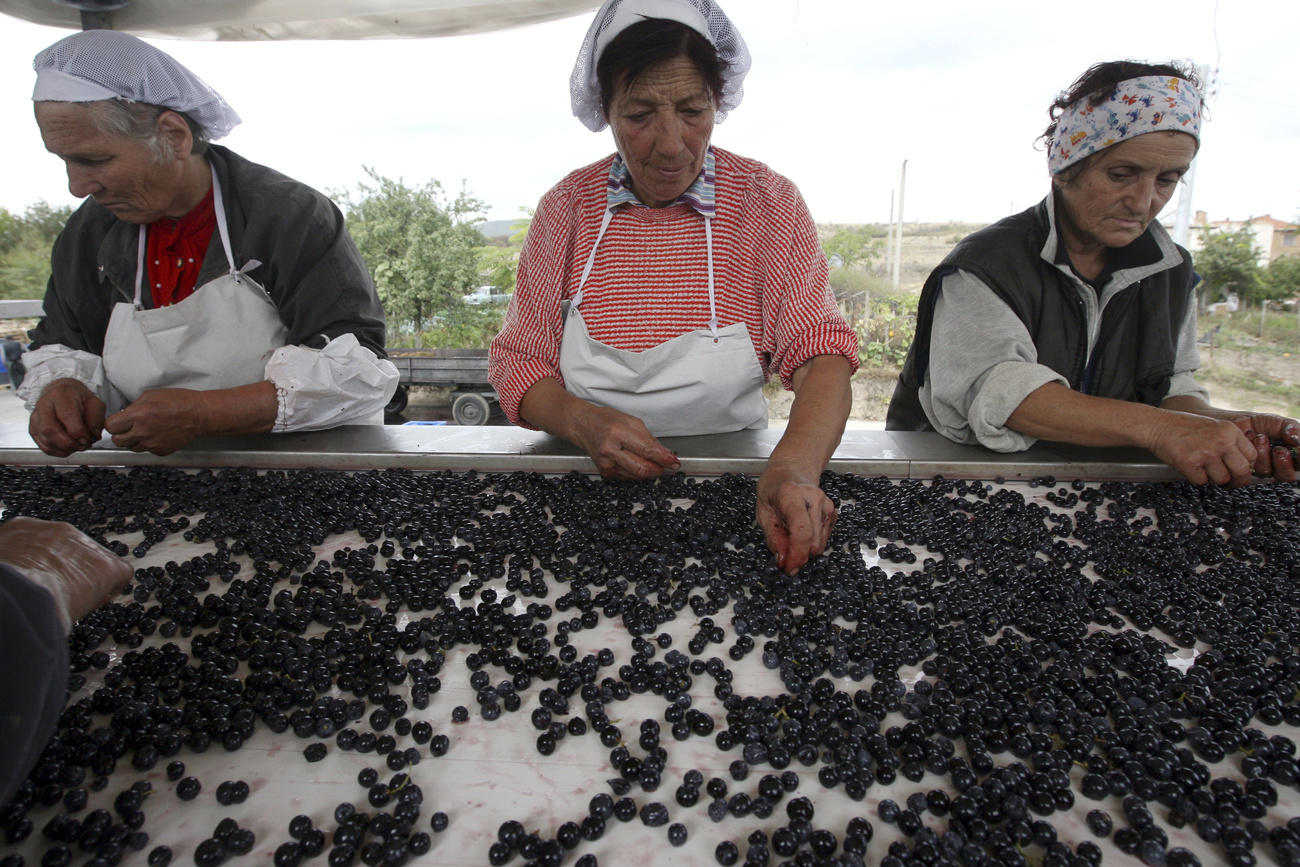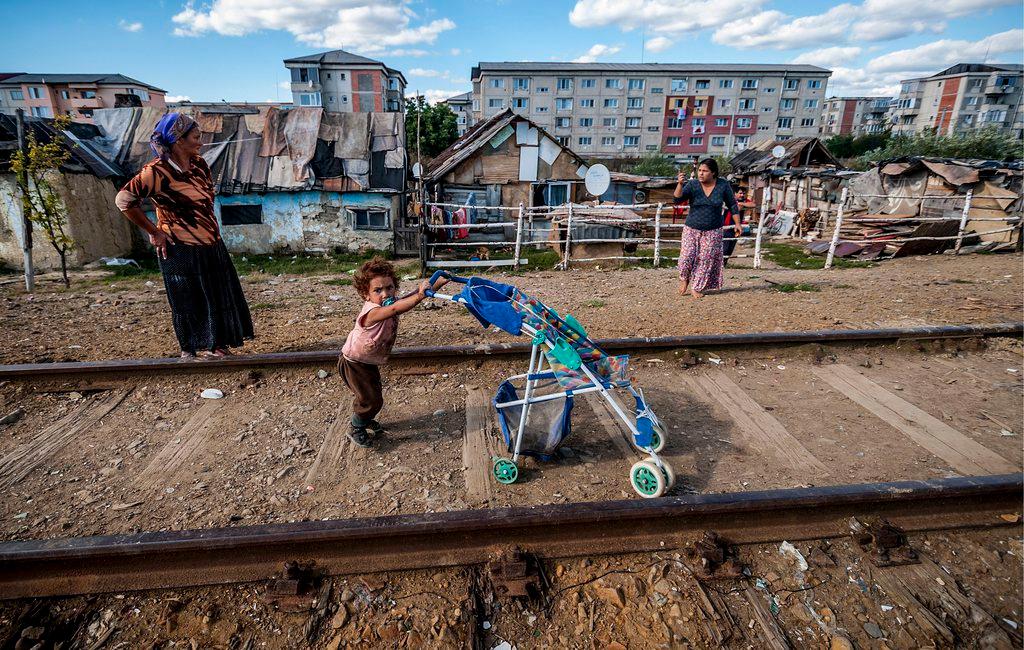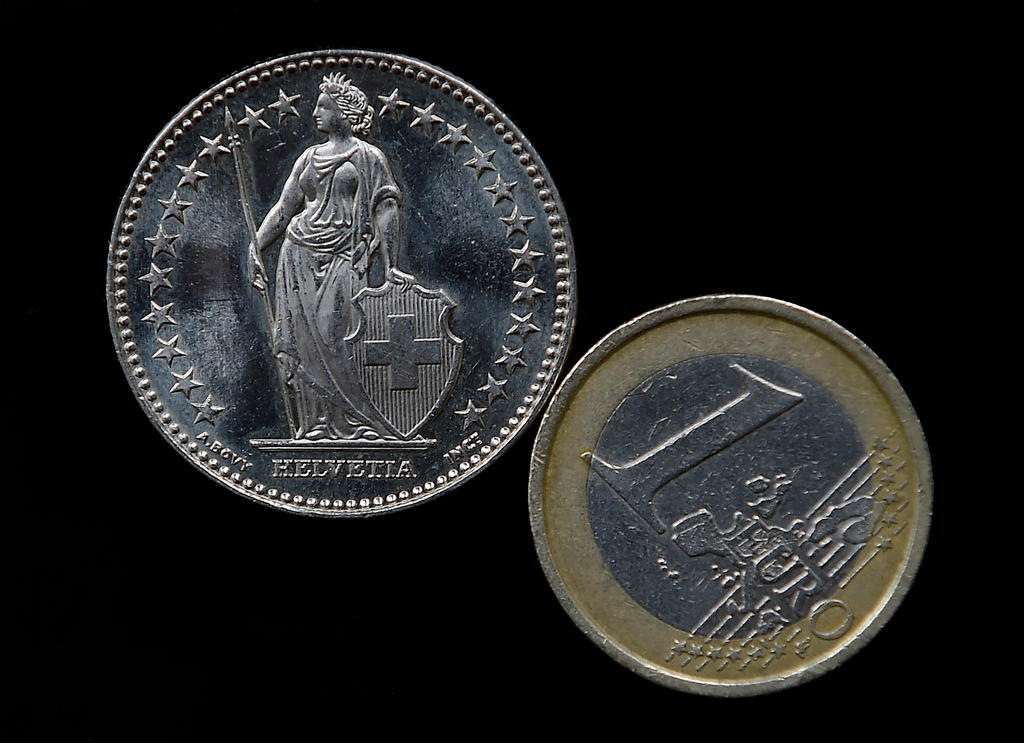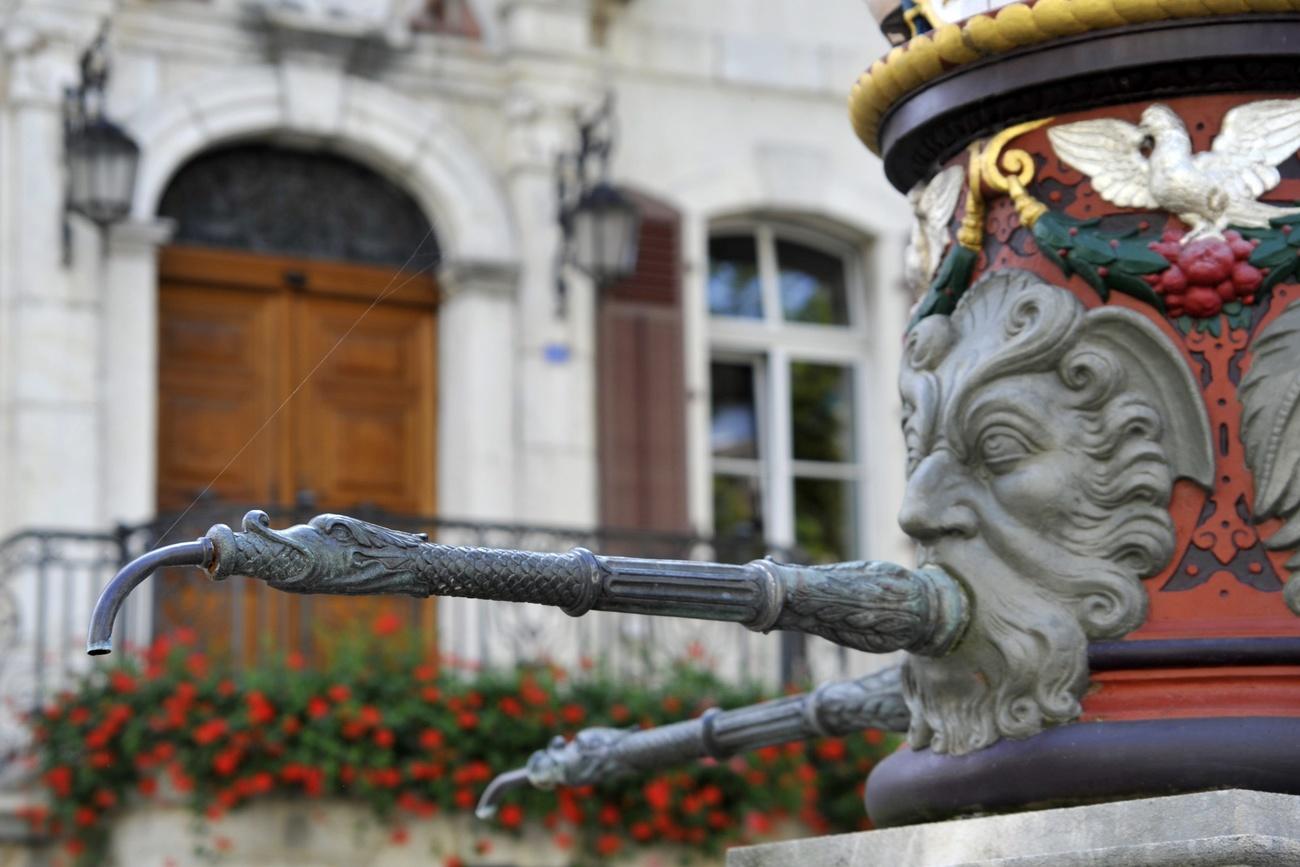Swiss-funded projects in Romania and Bulgaria get thumbs up

Most of the 93 Swiss-backed “cohesion fund” projects in Bulgaria and Romania were a success, reports the State Secretariat for Economic Affairs (SECO)External link.
At the end of 2019, projects carried out as part of Switzerland’s contribution to European Union enlargement for Bulgaria and Romania came to an end. Although it is not an EU member, Switzerland paid CHF257 million ($265 million) to support these two eastern European nations – as it had for several other new EU members – in an effort to reduce economic and social disparities within Europe.
SECO announced on Monday that, as with the projects in the other eastern countries, the results of the Bulgarian and Romanian projects had been positive.
One focus was promoting energy efficiency and renewable energies. As a result, Romania has reduced its CO2 emissions by 7,000 tons per year, SECO said.
Other projects focused on integrating the Roma. According to SECO, Swiss projects have helped around 70,000 Roma gain better access to education and healthcare. In addition, around 500 Romanian small- and medium-sized firms have received loans, enabling them to create or maintain 3,000 jobs.
Three projects have failed, however, including one to combat money laundering. Owing to long delays, the project could not be completed by the end of 2019. However, no money was lost to Switzerland because the services were always pre-financed locally and later reimbursed.
Important part of European policy
The projects are also in Switzerland’s interest, notes SECO, with investment opportunities opening up. Moreover, the enlargement contributions are an “important part of Switzerland’s European policy”, as Ruth Huber of the Swiss Agency for Development and Cooperation said on Monday. In this way, she said, Switzerland was showing that it was helping to solve challenges.
In 2006, Swiss voters approved the funding – CHF1 billion – for the ten countries that joined the EU in 2004. Those projects are finished. Because Bulgaria and Romania joined in 2007, a further CHF257 million was allocated in 2009. Croatia followed in 2013, and parliament approved CHF45 million the next year. Projects in Croatia will continue until 2024.
The Federal Council (executive body) would like to continue Swiss contributions to the EU cohesion fund. The funds, which are aimed at improving living standards and combating inequality in the EU, will support projects in Central and Eastern European member countries.
Parliament agrees in principle; last December it approved framework credits totaling CHF1.3 billion. The funds will be paid out over ten years. However, parliament has made the disbursement conditional; if and as long as the EU adopts discriminatory measures against Switzerland, there should be no funding.

More
Swiss government wants to pledge more funding to EU budget

In compliance with the JTI standards
More: SWI swissinfo.ch certified by the Journalism Trust Initiative


You can find an overview of ongoing debates with our journalists here. Please join us!
If you want to start a conversation about a topic raised in this article or want to report factual errors, email us at english@swissinfo.ch.